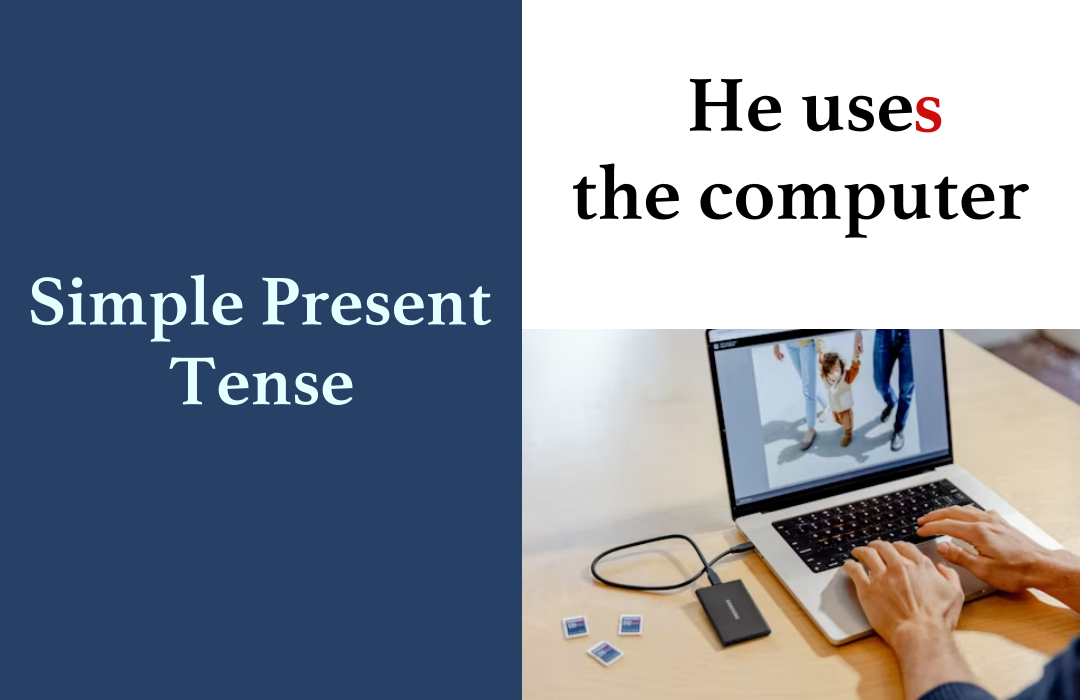Download this lesson in PDF
Thank you for reading this post, don't forget to subscribe!Download the answers to the exercises
2. Uses
A. Habitual actions/Daily activities/ daily routines (happens in the past, present, and probably in the future
Examples – She often wakes up at 7.00 A.M (Affirmative)
– Ali doesn’t always wear shorts. (Negative)
– Do they usually attend classes on Saturdays (Interrogative)
B. Scientific Facts (It doesn’t change)
Examples: – The water boils at 100°
– The sun doesn’t rise from the west.
– Does the wind cause waves?
C. Permanent situation
Examples: I live in France
D. Future Time Tables (Future meaning)
Examples: The train leaves at 11.00 p.m.
E. Future in time clauses (Future meaning)
Examples: As soon as I finish the dishes, I’ll help you with your homework
F. Describing events in books, plays, and films
Examples: – At the end of the play, the villain runs away.
– The heroine finally falls in love with the hero
3. Keywords
– Always,
– Often,
– usually,
– never,
– sometimes,
– seldom,
– rarely,
– casually
Exercises
1. Put the verbs into the correct form.
A. I (to like) …………………tea very much.
B. Boys always (to watch) ………………………..football matches.
C. Smith never (to wear) …………………….. shirts.
D. ……………..Mrs. Smith …………………. (to teach) Spanish and French?
E. We (to go/not) …………………………….to bed late.
F. Anwar and I ( to be) ………………………so glad to get the best grades.
2. Make negative sentences.
A. My family meets every Sunday. …………………………………………………….
B. He is a very talented player. ……………………………………………………………
C. The heroine finally meets the hero………………………………………………………….
D. We usually water the garden in the evenings…………………………………………………
C. You seldom do your best in the exams ……………………………………………………….
3. Make questions.
A. She does scuba-diving every Sunday……………………………………………………………
B. The team scores a lot in the away………………………………………………………………..
C. I Want that sandwich to talke-away……………………………………………………………..
D. They jog every morning……………………………………………………………………….







